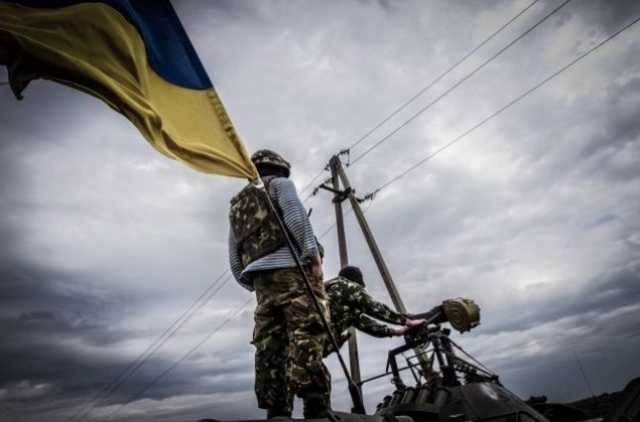Lawyer
Legal regulation of the functioning of the communication and communications system in the conditions of hostilities
Consultation of a lawyer
Consultation of a lawyer regarding the legal regulation of the functioning of the communication system in the conditions of hostilities is necessary to understand the legal requirements and procedures that must be followed to ensure the proper functioning of communication and communications. A lawyer will help determine which regulations regulate this issue, as well as what measures must be taken to ensure the reliability and security of communication.
Analysis of documents
The analysis of documents regulating the functioning of the communication and communications system in the conditions of hostilities is an important stage in the development of effective legal mechanisms. In Ukraine, the main legal acts regulating these issues are:
The Constitution of Ukraine: Defines the basic rights and freedoms of citizens, including the right to information and protection of personal data.
The Law of Ukraine "On Telecommunications": Regulates the activities of operators and providers of telecommunication services, establishes requirements for providing communication under special conditions.
The Law of Ukraine "On the Legal Regime of Martial Law": Establishes special conditions and measures that may be introduced during martial law, including restrictions on the use of means of communication and communications.
The Law of Ukraine "On Information": Defines the legal basis of information activity, the rights and obligations of subjects of information relations.
Orders and resolutions of executive authorities: Regulate specific measures and procedures to ensure the functioning of the communication system in the conditions of hostilities, including cyber security measures, reservation of communication channels and coordination with military units.
Legal opinion
The legal conclusion regarding the functioning of the communication and communications system in the conditions of hostilities is based on the analysis of the current legislation and the practice of its application. The main aspects of this process are:
Ensuring continuity of communication: Establishing measures to ensure the reliable functioning of communication, including channel redundancy, use of alternative means of communication, and creation of special communication networks for military and government needs.
Information protection: Taking measures to protect information from unauthorized access, cyber threats and information attacks, including the implementation of encryption systems and other cyber security measures.
Regulation of the use of communications: Establishing rules and restrictions on the use of communications by the civilian population to prevent the leakage of information that could be used by the enemy.
Coordination of Actions: Ensuring effective coordination among various actors, including communications operators, military units, and government authorities, for prompt response to threats and emergencies.
Legal opinion of the lawyer
The lawyer's legal opinion on the functioning of the communication and communications system in the conditions of hostilities includes the assessment of specific situations and the provision of recommendations on compliance with the law. A lawyer, analyzing a specific case, must take into account all the circumstances, including the conditions of hostilities, measures taken to ensure the reliability of communication, and possible violations of citizens' rights.
For example, in the case of restricting access to means of communication, the lawyer should investigate:
Were all the procedures for the introduction of restrictions on the use of communication tools followed?
Is proper protection of citizens' rights ensured in accordance with the legislation?
Are cyber security and information protection measures adequately organized?
On the basis of this analysis, the lawyer can prepare a legal opinion and recommendations for the protection of the client's interests, in particular within the framework of legal proceedings or when applying to state authorities.

































